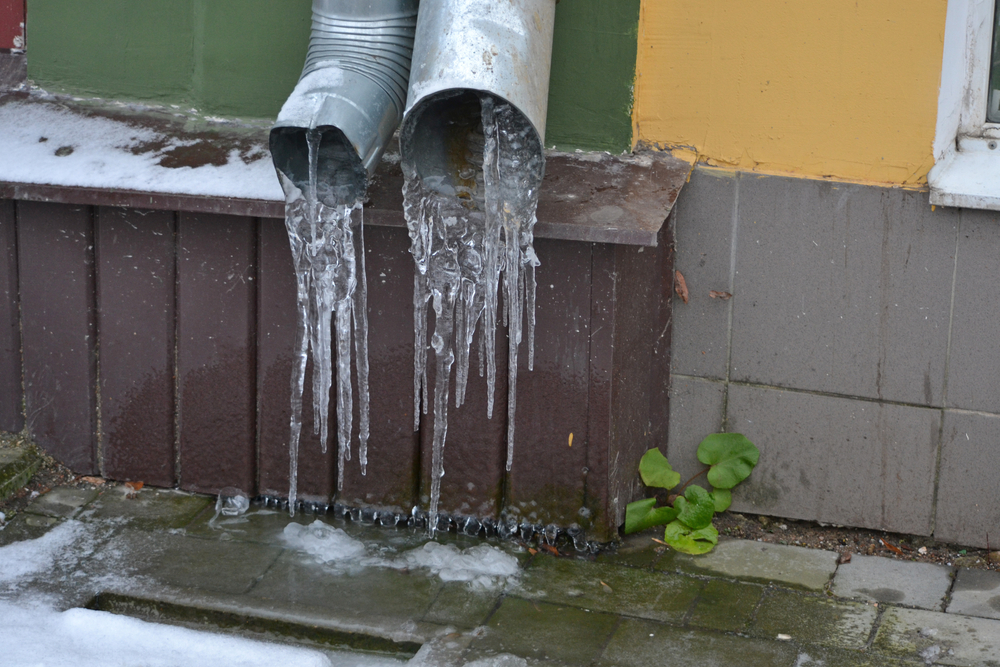
This dynamic population creates a constant demand for subletting arrangements in the rental market. Before diving into subletting, it's crucial for both landlords and tenants to understand the legal implications and best practices associated with subletting in the DMV area.
Subletting carries inherent risks for both landlords and tenants. Emilie Fairbanks, a landlord-tenant attorney practicing in D.C., advises against allowing subletting, particularly in Washington, D.C. The primary concern is that subletting introduces an unscreened tenant into the rental property without a direct lease with the landlord. This situation can lead to legal complications and potential difficulties in evicting the subletter if problems arise.
As an alternative to subletting, Fairbanks suggests that landlords who are willing to end the current tenant's lease could allow the tenant to help find a replacement. This approach enables the landlord to screen the potential replacement, terminate the initial tenancy, and sign a new lease directly with the new, qualified tenant. This process is more straightforward and less likely to result in legal issues down the line.
In Washington DC, a housing provider may choose to prohibit subletting, or require written permission to sublet, but the prohibition or requirements must be included in the lease. If the lease allows subletting or does not mention it, the tenant can sublet the property, although the landlord may condition their consent on the prospective subtenant meeting all of the housing provider's reasonable rental qualification guidelines.
Find the full code here.
Similar to Washington DC, tenants in Virginia can sublet if the lease agreement does not prohibit (or does not mention) subletting. In cases where the lease requires landlord approval for subletting, the landlord has 10 days to respond to a subletting request from the tenant.
More detail on the Virginia laws here.
In Maryland, unless the lease specifically addresses the topic, the tenant can sublet the premises without the landlord's permission. Dive into more detail here.
Experts recommend that leases clearly outline subletting policies. If subletting is allowed, landlords should require tenants to obtain written permission first. Furthermore, landlords should always screen the subtenant as they would any other tenant, ensuring they meet the necessary criteria.
In Northern Virginia, landlords must respond promptly to tenant requests for subletting. According to the Virginia Residential Landlord-Tenant Act, if a landlord does not respond within ten days, the sublet is presumed to be approved.
Tenants who sublet assume the role of the subletter's landlord, taking on all legal responsibilities associated with that position. While the original tenant remains responsible for ensuring rent is paid and the property is well-maintained, recovering losses may be challenging if the tenant has moved out of town or the country.
To ensure a smooth subletting experience, both landlords and tenants should follow these best practices:
Subletting can sometimes lead to legal complications, such as unpaid rent, property damage, or even eviction difficulties. Here are some potential legal issues that could arise, along with advice on how to handle them:
Navigating the complexities of subletting laws and best practices in the DMV area can be challenging for both landlords and tenants. To protect your investment and ensure a successful subletting experience, consider partnering with a professional property management company like Gordon James Realty. Our experienced team can guide you through the process, handle tenant screening, and provide ongoing support and services to help you maintain a well-managed rental property.
Contact us today to learn more about how our comprehensive property management services can help you successfully navigate the subletting process in the DMV area and optimize your rental property investment.

Learn how to handle frozen pipes in rental properties, prevent damage, and when to call a plumber or property manager for fast, effective solutions.

Understanding local license requirements helps landlords stay compliant, avoid fines, and protect their rental investments and tenants.
We're proud to make partnering with us easy. Contact our team to connect with one of our industry experts and get started today.